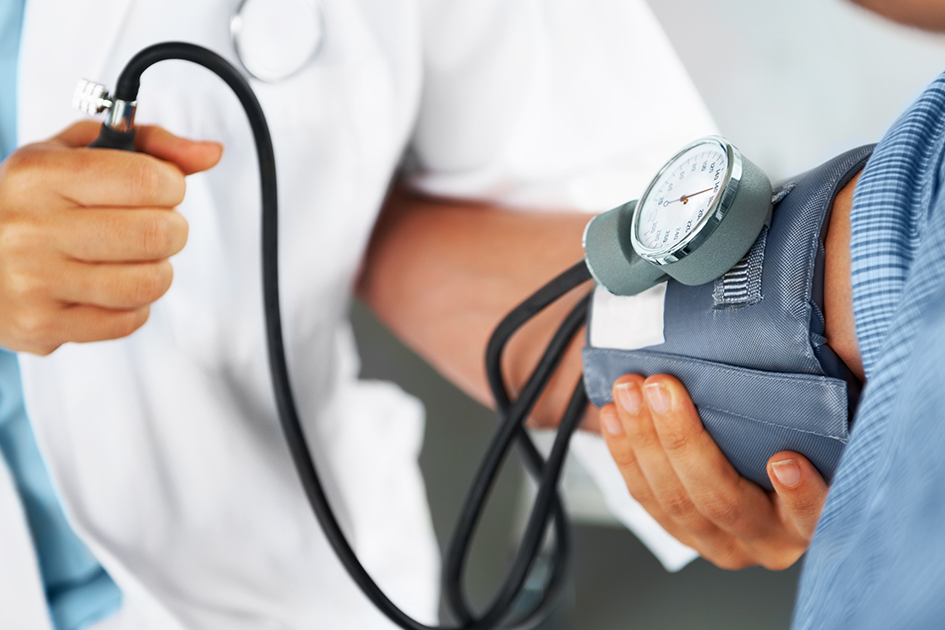Cardiac Arrhythmia
A cardiac arrhythmia is a change in the regular rhythm of the heartbeat, which may beat too fast, too slow, skip a beat, or have extra beats. Many cardiac arrhythmias are harmless, but some can be serious and even life-threatening.
About Cardiac Arrhythmia
Like every muscle in your body, your heart depends on electrical signals to coordinate contractions between the chambers of the heart and pump blood to the lungs to bring oxygenated blood back to the body. A cardiac arrhythmia happens when a problem occurs in the heart’s electrical system. The chambers may become uncoordinated and the heart may beat too fast, beat too slow, or develop an irregular beat that may affect how blood is pumped.
A cardiac arrhythmia, or an abnormal pattern of electrical activity, may occur if the heart’s natural pacemaker develops an abnormal rate or rhythm, a congenital heart defect is present, the heart muscle is damaged, another area of the heart becomes the natural pacemaker, or the normal electrical pathway is interrupted.
Symptoms of Cardiac Arrhythmia
Some people with cardiac arrhythmia may not exhibit any symptoms. For those who do experience symptoms, these symptoms may resemble other medical conditions. Speak with a doctor or make an appointment with a cardiologist if any abnormalities are suspected.
Symptoms of cardiac arrhythmia may include:
- Chest pain
- Difficulty feeding
- Fatigue and weakness
- Lightheadedness, dizziness, or fainting
- Low blood pressure
- Nausea or vomiting
- Palpitations, either extra or skipped heartbeats
- Trouble breathing or rapid breathing
- Sweating
Risk Factors for Cardiac Arrhythmia
In addition to patients with cardiac arrhythmia resulting from a congenital heart defect, certain people are at greater risk for the condition.
Risk factors for cardiac arrhythmia may include:
- Comorbid conditions: Diabetes, high blood pressure, blocked arteries in the heart, sleep apnea, and an overactive or underactive thyroid are associated with cardiac arrhythmia.
- Health history: Certain medications and supplements may increase your risk for cardiac arrhythmia.
- Personal history: Cardiac arrhythmia may be linked to smoking, excessive alcohol or caffeine consumption, and substance misuse.
Diagnosing Cardiac Arrhythmia
During physical examinations, your doctor may detect a heart murmur, which are extra sounds heard throughout the cardiac cycle due to increased blood flow. If your doctor suspects a cardiac arrhythmia, you may be referred to a cardiologist.
Tests performed when diagnosing a cardiac arrhythmia may include:
- Echocardiogram: An echocardiogram uses ultrasound technology to create a moving image of the heart and its valves, allowing your provider to assess the structure and function of the heart. An echocardiogram also helps provide information about blood flow and how well the heart is pumping blood.
- Electrocardiogram (ECG or EKG): An electrocardiogram uses electrodes that are placed on the body to record the electrical activity taking place in the heart. An ECG/EKG test helps detect cardiac arrhythmias, stress on the heart, and damage to the heart muscles.
- Electrophysiologic Study: A small catheter is inserted through a blood vessel in the arm or leg and guided into the heart to measure electrical activity and identify the source of the arrhythmia.
- Event Monitor: A snapshot of the heartbeat is recorded during an episode when symptoms are occurring. The recording can then be sent over the phone to be evaluated.
- Holter Monitor: A Holter monitor is an ECG recording taken over 24 hours or longer. Electrodes are attached to the chest and heart activity is recorded throughout the day.
Treating Cardiac Arrhythmia
Treatment options vary depending on the nature of the arrhythmia. Some arrhythmias are harmless and do not require treatment. Others may require treatment to alleviate symptoms and discomfort.
Treatment options for cardiac arrhythmia may include:
- Catheter Ablation: Using a small catheter, special wires are guided into the heart to disrupt the electrical circuit causing the arrhythmia.
- Electrical Cardioversion: A controlled electrical shock may be given that briefly halts electrical activity in the heart and resets the natural pacemaker. The heart then restarts in a normal electrical pattern.
- Implantable Cardioverter Defibrillator: Implanted in the chest or abdomen, a cardioverter defibrillator tracks the heart rate. If the heart goes into a dangerously fast rhythm, the device sends an electrical shock that stops the rhythm.
- Medication: Some arrhythmias can be regulated with medication.
- Pacemaker: A pacemaker is implanted in the chest or abdomen and has wires that attach to the heart so that electrical signals can be sent to the heart to regulate the heartbeat.
Follow-up care, including regular visits, may be recommended to monitor a cardiac arrhythmia to ensure the heart continues to function properly.
Care Team Approach
Patients are cared for by a dedicated multidisciplinary care team, meaning the patient will benefit from the expertise of multiple specialists across a variety of disciplines. Our board-certified and fellowship-trained heart surgeons have extensive experience treating patients with heart disease and vascular disorders and work alongside a team of cardiac experts, including cardiologists, interventional cardiologists, electrophysiologists, critical care specialists, hospitalists, anesthesiologists, perfusionists, nurses, advanced practice providers, social workers, psychologists, child life specialists, dietitians, physical and occupational therapists, pharmacists, and more, providing unparalleled care for patients every step of the way. We collaborate with our colleagues at the Dell Medical School and The University of Texas at Austin to utilize the latest research, diagnostic, and treatment techniques, allowing us to identify new therapies to improve treatment outcomes. We are committed to communicating and coordinating the patient’s care with referring physicians and other partners in the community to ensure that we are providing comprehensive, whole-person care.
Learn More About Your Care Team

Institute for Cardiovascular Health
Ascension Seton Medical Center - Main
1201 W. 38th St., Austin, TX 78705
1-512-324-3028
Get Directions

Texas Center for Pediatric and Congenital Heart Disease
Dell Children's Specialty Pavilion
4910 Mueller Blvd., Austin, Texas 78723
1-855-324-0091
Get Directions